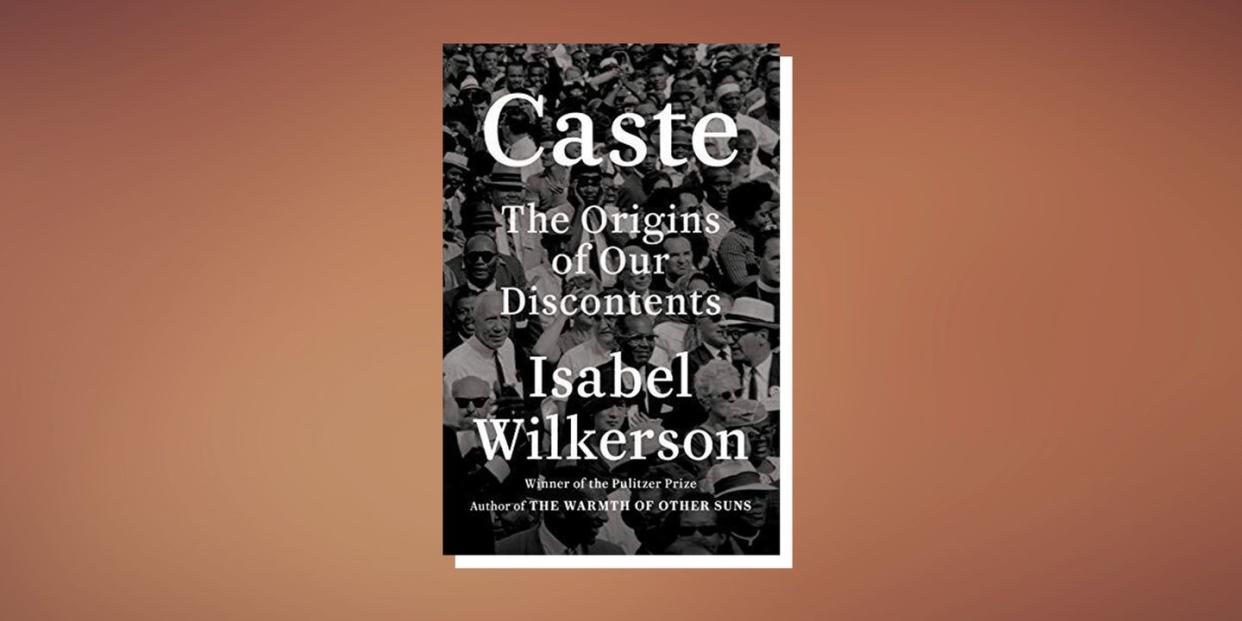"Caste" Is a Trailblazing, Must-Read Book on the Birth of Inequality

The Warmth of Other Suns, the first book by Pulitzer Prize–winning writer Isabel Wilkerson, offered an epic narrative portrait of the Great Migration. In her magnificent latest, Caste: The Origins of Our Discontents, Wilkerson deepens and extends her examination of the inception and consequences of American racism, finding direct connections to the outcastes of India and the horrors of the Third Reich.
Her historical opus draws on years of research, stories, and previously published works to reveal, for example, that the Nazis used U.S. miscegenation laws as a blueprint for their own approach to genocide, and that Martin Luther King Jr., on a 1959 visit to India, observed, “Yes, I am an untouchable, and every Negro in the United States of America is an untouchable.” That realization informed his civil rights work thereafter. Wilkerson unearths bone-chilling parallels in systems of oppressive regimes that otherwise seem radically dissimilar to explain caste and how it predated and helped define racism in America.
Caste opens with an iconic image from a 1936 Nazi rally in Germany, in which all the shipyard workers photographed, except one, are saluting the führer. That lone man stands, arms crossed, refusing to heil Hitler, “on the right side of history,” epitomizing the energy and resilience we all must summon to get free of “the shape-shifting, unspoken, race-based caste pyramid” that still molds our society.
Weaving in and out of past and present, Wilkerson provides the kind of history lesson that gives rise to countless aha moments. She shares relatable personal anecdotes alongside inspirational accounts of how people from Albert Einstein to Satchel Paige found their own unique ways to oppose racism. Wilkerson also revisits chapters of American history often ignored in textbooks and delineates what she terms “eight pillars of caste.”
“We in the developed world,” she observes, “are like homeowners who inherited a house on a piece of land that is beautiful on the outside, but whose soil is unstable loam and rock, heaving and contracting over generations, cracks patched but the deeper ruptures waved away for decades, centuries even.”
We may not have built the house—or the caste system—but we are its heirs, and it’s up to us to acknowledge that what we ignore will not fix itself. “Whatever you are wishing away will gnaw at you until you gather the courage to face what you would rather not see,” writes Wilkerson. Caste offers a forward-facing vision. Bursting with insight and love, this book may well help save us.
For more stories like this, sign up for our newsletter.
You Might Also Like
